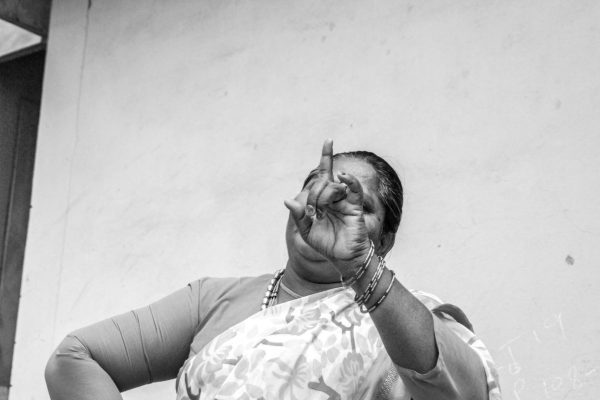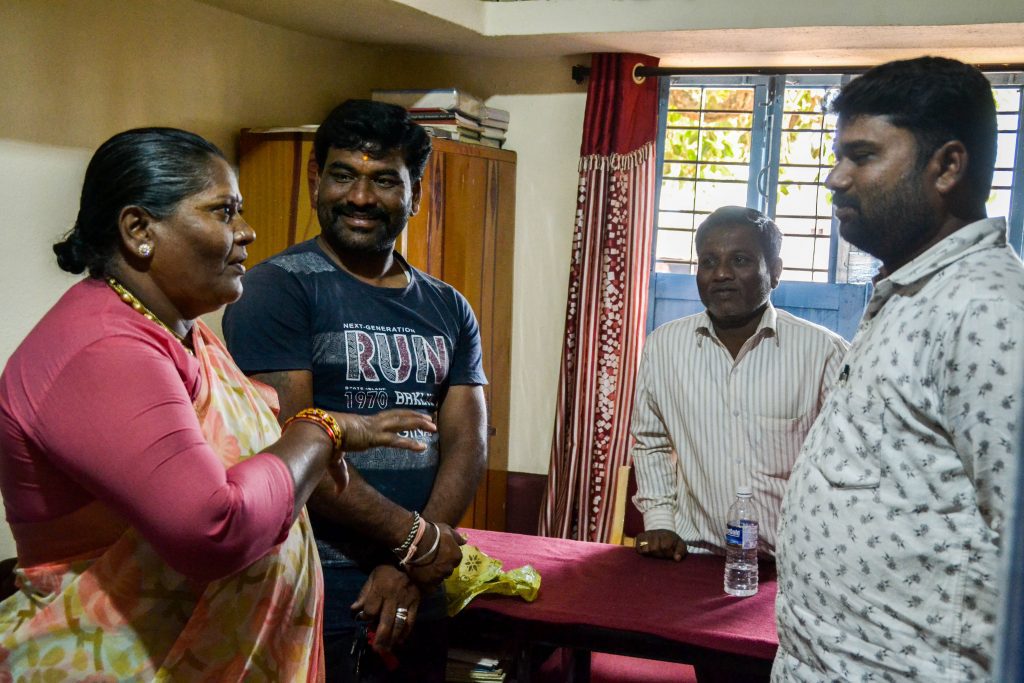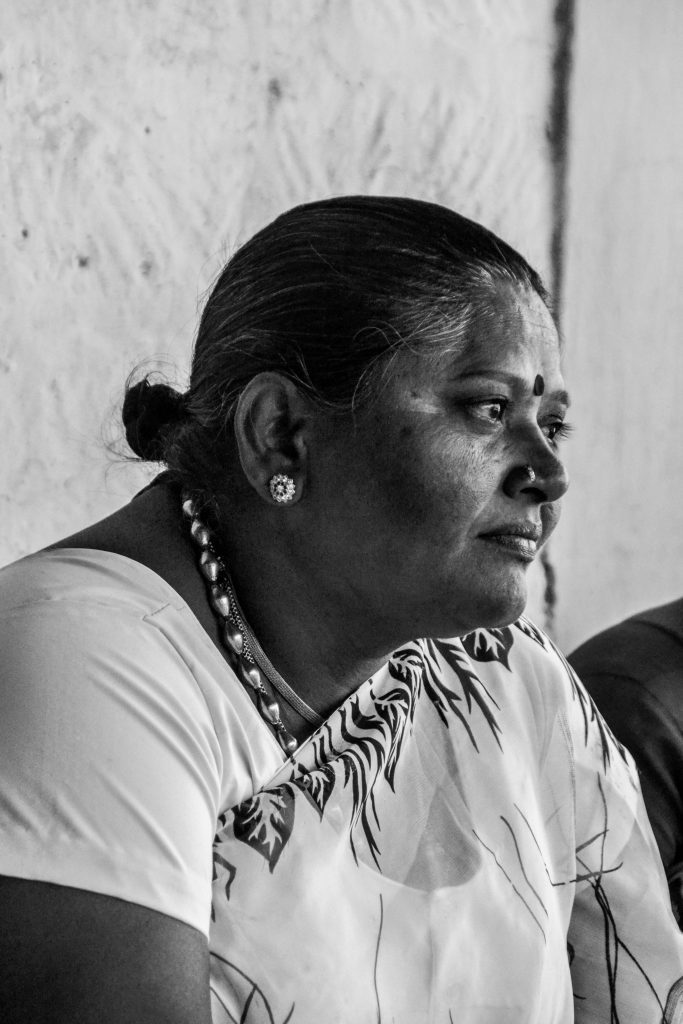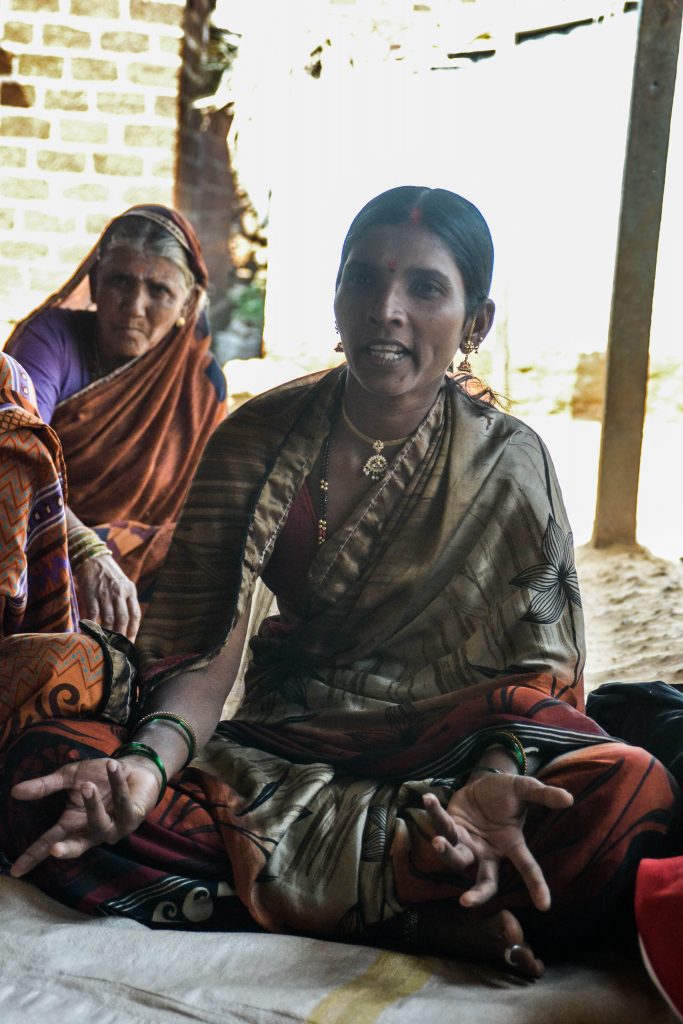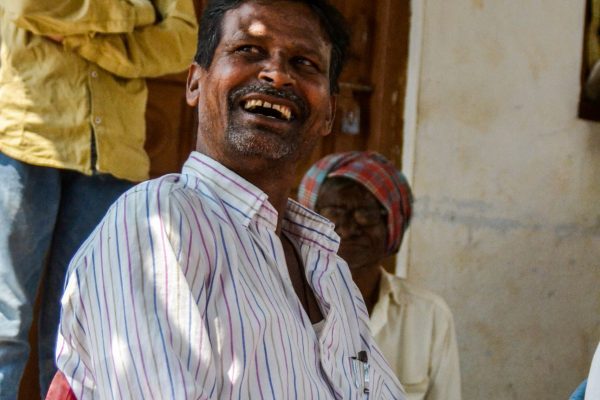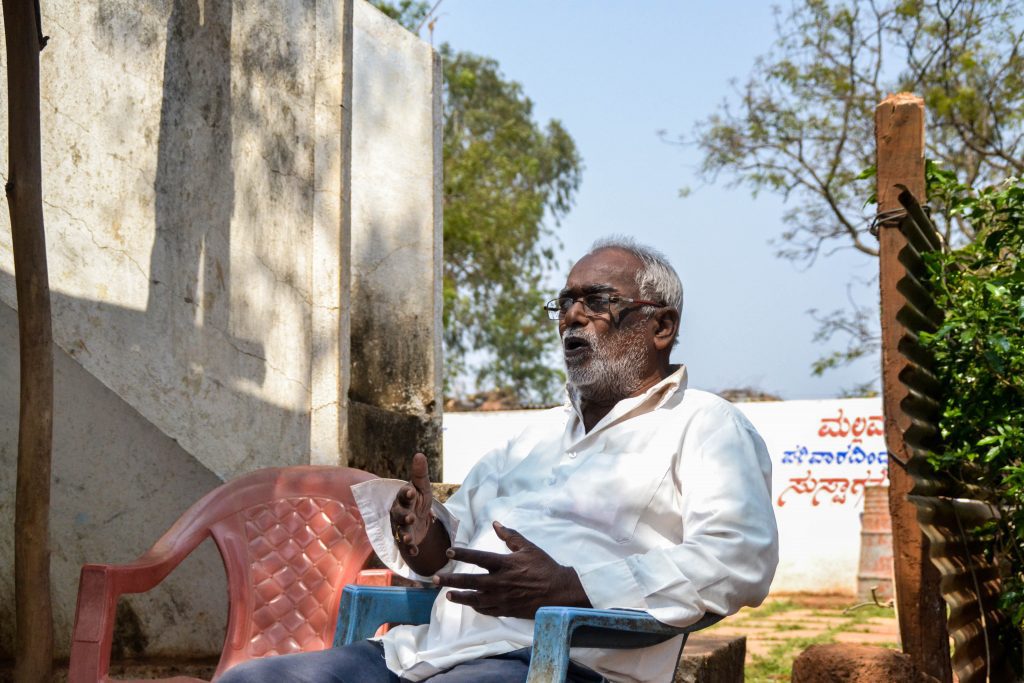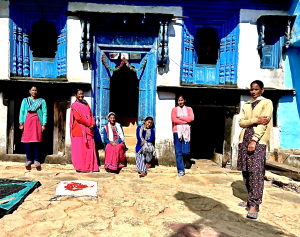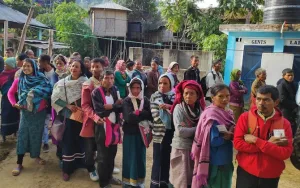Speaking to the essence of “doing politics the right way,” Multani Saad (left) and Vir Shetty (right) echo the sentiment about Jagadevi’s inclusive leadership.
“This panchayat is quite diverse in terms of communities and castes, but Jagadevi has always made sure that all voices are heard. She stands by the vulnerable even when other authorities have failed to do their job. She gives us hope, and for us, that is a mark of a conscious political leader,” said Saad.
“Part of my time is devoted to ensuring that the funds are released by the authorities and indeed reach the intended communities. Another part goes into monitoring different development projects. A considerable fraction of my time is spent requesting the assistance of senior officials in getting things done. Bureaucratic obstacles will continue. I may not be school-educated like others, but the last ten years have been an education of sorts. And I hope to build on my learnings and experience,” said Jagadevi.
Jagadevi aspires to contest the block level panchayat elections next in 2025.
Her leadership is a potent combination of perseverance, poise, and possibilities, which in turn shapes her resilience in the face of backlash.
When asked what the one thing she has achieved (past or present) that would mark her legacy, Jagadevi recounted her concerted efforts to ensure that the Muslim community, who had been asking for a cemetery, had access to their own resting place.
“The number of Muslim households may be the same as those of Hindus in the panchayat, but the voices of the former remain ignored. Similar issues afflict the small minority of Christian and Dalit households. Given such complex dynamics, it becomes imperative that inclusion becomes a priority, that each of the marginalised communities enjoys their right to dignity. This will be my legacy. What else does it mean to be a leader,” she added.
[In 2020, THP India undertook an elaborate photo project of visualising women’s representation and participation in local governance. The six-part series includes profiles of women candidates and elected women representatives refusing to bow down to the status quo. The work is currently on display at the Museum of Ethnography, Stockholm, Sweden.]

